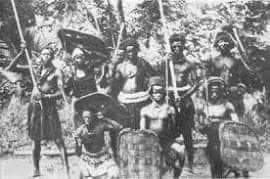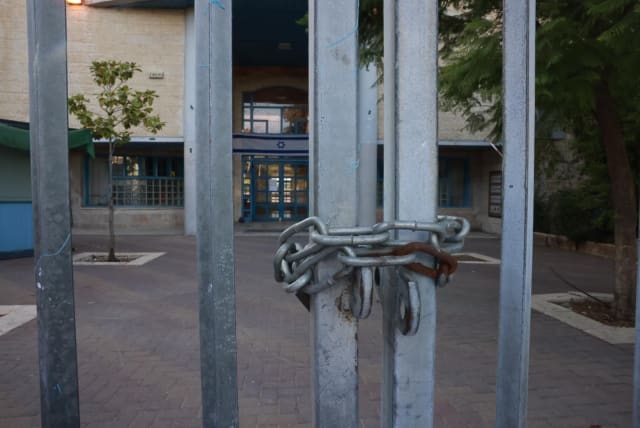A Pre-colonial Account According to John Spencer 1878

A Pre-colonial Account According to John Spencer, 1878
This is a historical account according to John Spencer, a European missionary who was the first to provide an outsider’s insight into Ubulu-Ukwu geography and Royal Palace in February, 1878.
“The royal residence of the Obi of Ubulu-Ukwu is a massive structure, built of mud, but so well-tempered that it could at first sight be taken for brick-work plastered over with mud. The whole building occupies a whole square. Its walls are supported by gigantic pillars of wood and mud, placed in regular succession, on the former of which are carved various grotesque figures. 
“The front apartment is the council-hall, and a very commodious place; on both sides are raised mud seats for the members of council, and in front is the throne, raised to conspicuous height above the rest. I sat for about a quarter of an hour, waiting for the coming of the king, who at last made his appearance, attended by twelve eunuchs, stark naked, carrying the sceptre and other insignia of royalty; the greater part of the nobility and gentry also followed in his train. The king is a man of between thirty-five and forty and of noble appearance. His head was adorned with three tremendous feathers jauntily stuck on the coronet that graced his brow.
“His neck, arms, hands and feet were covered with costly beads that glittered in the distance like diamonds, his eyes are bold and piercing, and his thin lips, when shut, show a resolve of will never to be overrules. His general carriage bears that careless confidence that marks the character of a monarch whose slightest nod is the law of the realm.” – (cited in Isichei, 1977: 268).
This visit happens to fall in the period of the reign of Obi Nwajei, father of Obi Obanua who was on the throne when Oba Ovoramwen sought asylum in Ubulu-Ukwu following his dethronement by the plundering British army.
According to the colonial account, every street (Ogbe) in Ubulu-Ukwu was policed day and night by well armed men.
Spencer further noted that:
“There are constructed several porches at the corners of the principal streets, where royal guards, armed with swords and muskets, are kept during the day, to see that order is established in the town”.
In examining The Benin Factor In The West Niger Igbo History, researcher and history scholar Professor Emmanuel Nwafor Mordi wrote;
“Evidence does not suggest that the Ubulu-Ukwu monarchy was consequently weakened by the war with Benin.
“On the contrary, the reputation of the monarchy was enhanced. It built on its increased post- war stature to maintain and sustain an image and carriage that commanded the awe and admiration of subjects and outsiders alike”.
The strengthening of Ubulu-Ukwu monarchy established her as one of the most respected kingdoms among the Enuani, Ụkwụani, Odiani, Olukwumis, Ika and others. That Ubulu-Ukwu Kingdom defeated the mighty Bini Kingdom boosted her morale to head the Ekwumekwu anti-colonial resistance.
The resistance that lasted for 33yrs from 1883 to around 1914, is the longest anti-colonial resistance in the history of mankind.





